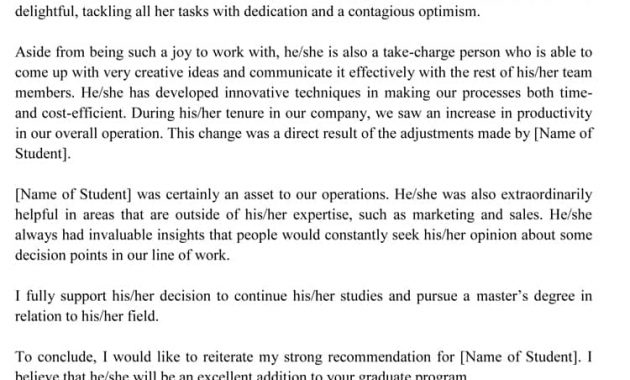1. Understand the Role of the Recommender
As a recommender, your job is to provide admissions committees with a candid and objective applicant assessmeApplicanthould be able to speak to the applicaApplicant’sic abilities, research skills, personal qualities, and potential for success in graduate school.
When deciding if you’re the right person to write the letter, consider your relationship with the applicaApplicantur knowledge of their academic and professional background if you’ve had the opportunity to work closely with the applicaApplicante in a good position to write a strong letter. However, if you don’t know the applicaApplicantell, you may want to suggest that they ask someone else to write the letter.
2. Gather Information from the Applicant
Once you’ve agreed to write the letter, the applicant must provide you with some basic information, such as their contact information, academic transcripts, and resume. You may also ask applicants to list their research interests, career goals, and other relevant Information.
3. Say Positive, Specific Things About the Applicant
When writing the letter, it’s important to be positive and specific. Avoid general statements, such as “The applicant is a hard worker.” Instead, focus on specific examples of the applicaApplicant’slishments and skills. For example, you could write, “The applicant was a top performer in my class, and they consistently received high marks on their papers and exams.”
4. Follow the Letter Format
Most graduate schools have specific guidelines for reference letters. Be sure to follow these guidelines carefully. Generally, a reference letter should be one to two pages long and typed in a business letter format.
5. Craft the Letter Content
The first paragraph of your letter should introduce yourself and your relationship to the applicaApplicante the second paragraph; you should discuss the applicaApplicant’sic abilities and research skills. In the third paragraph, you should focus on the applicaApplicant’sal’s qualities and potential for graduate school success. In the final paragraph, you should explicitly recommend the applicaApplicante program.
6. Proofread the Letter Carefully
Before you submit the letter, be sure to proofread it carefully for any errors in grammar or spelling. You may also want to ask someone else to proofread the letter.
7. Submit the Letter on Time
Most graduate schools have a deadline for submitting reference letters. Be sure to submit the letter on time, or it may not be considered.
Following these tips, you can write an effective reference letter to help your friend, colleague, or student get accepted to their dream graduate program.
Appendix: Sample Letter
Here is a sample reference letter that you can use as a guide:
To Whom It May Concern:
I am writing to recommend [Applicant Name] for admission to your graduate program in [Program Name]. I have known [Applicant Name] for [Number] years and have been impressed by their academic abilities, research skills, and personal qualities.
[Applicant Name] was a top performer in my [Course Name] class. They consistently received high marks on their papers and exams and were always willing to help their classmates. [Applicant Name] is also an excellent researcher. They have published several papers in top academic journals, and they have presented their research at several conferences.
In addition to their academic and research skills, [Applicant Name] is kind and compassionate. They are always willing to help others and valuable to any team. I believe [Applicant Name] would be an excellent addition to your graduate program.
I highly recommend [Applicant Name] for admission to your program. I am confident that they would be a valuable asset to your community.
Sincerely, [Your Name]
